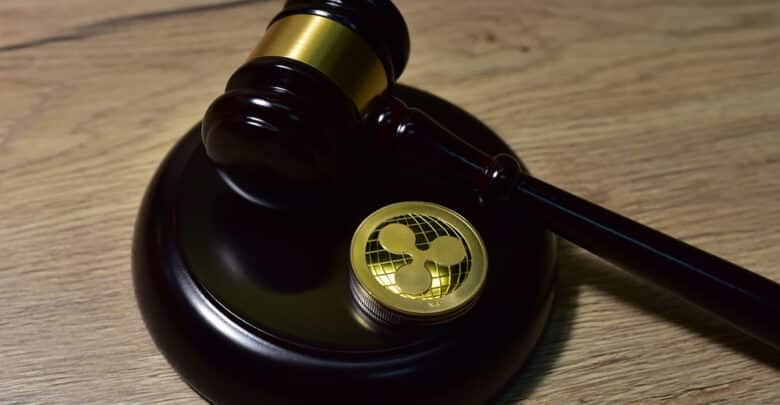Ripple Labs Chief Legal Officer Stuart Alderoty recently revealed via the X social media platform (formerly Twitter) that the U.S. Securities and Exchange Commission (SEC) has offered the fintech company an early settlement.
The revelations come three years after then-SEC Chairman Jay Clayton filed a legal lawsuit against Ripple and its top executives, including co-founder Chris Larsen and CEO Brad Garlinghouse. This is what came out.
Ripple rejects SEC’s early settlement offer
Stuart Alderoty, Ripple’s Chief Legal Officer, recently shared details about the SEC’s early settlement offer for 2020. The proposed settlement outlined by the SEC proposed that it would publicly declare XRP a security and give the market a short period of time to comply with compliance requirements.
Due to Ripple’s firm stance, this proposal was rejected. Explaining Ripple’s decision, Alderoty highlighted two important points: Firstly, it highlighted Ripple’s firm stance that XRP is not a security and secondly, the SEC’s lack of a comprehensive regulatory framework for cryptocurrencies.
Ripple’s Legal Battle: Defending XRP’s Status
Looking back on the company’s long-running legal battle with the SEC, the CLO emphasized that its main goal was to prove that XRP is not a security. The intense three-year legal battle that culminated in the recent victory for Ripple was driven by these fundamental claims.
Alderoty acknowledged the high risks involved, acknowledging that few believe Ripple can beat the SEC. But while these legal cases unfolded, Ripple not only fought back against the SEC’s charges, but also aimed to expose what Alderoty described as the SEC’s hypocrisy. He argues that in doing so, Ripple has played a pivotal role in ensuring that the U.S. cryptocurrency industry can continue to fight for clarity and fair regulation.
Ripple’s legal milestones and future prospects
Over the summer, Ripple scored a significant legal victory when federal judge Analisa Torres ruled that selling XRP on secondary markets did not constitute a security transaction. The ruling marks a big win for Ripple, sending the value of XRP temporarily surging to a high of $0.71.
Later in the fall, Ripple scored another victory when the SEC voluntarily dropped personal charges against Ripple executives Chris Larsen and Brad Garlinghouse. This series of legal successes has been pivotal for Ripple and the broader cryptocurrency industry.
Alderoty anticipates a final resolution of the case will occur next year. However, he expressed concerns about the SEC’s strict regulatory stance and is concerned about its potential impact on other major players in the cryptocurrency sector.

